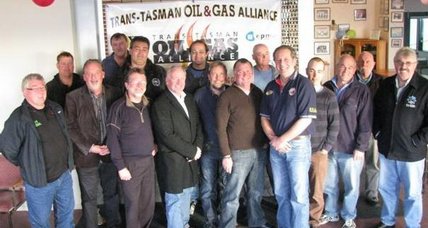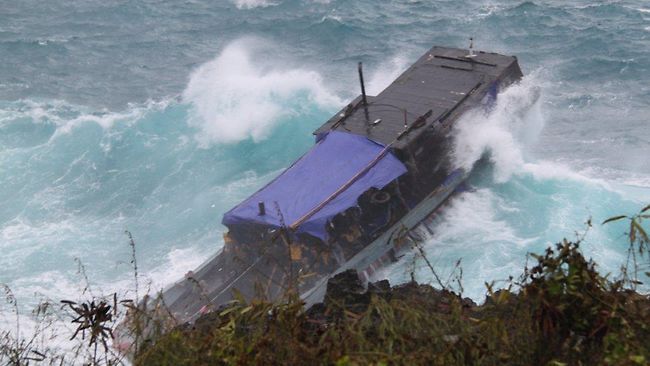By Byron Clark (Christchurch branch WP member)
‘‘I know a number of external parties who have expressed interest in the asset”
These were the words of Pike River Coal chairman John Dow, quoted in The Press on January 14th in an article where the main topic was the police decision to ‘pull the plug’ on attempts to recover the bodies of twenty nine miners from the Pike River mine. It’s a strange world we live in where “asset” and “mass grave” can be interchangeable. With the police ending their recovery attempt, responsibility for the mine lies with the receivers, PricewaterhouseCoopers. Receiver John Fisk told Radio New Zealand that they have about $10 million in cash, plus a number of assets above the ground and in the mine. However, if there is not enough money to re-enter the mine, the land will be handed back to the government. If that happens, the Department of Conservation is most likely to assume control of the mine, and responsibility for the bodies of the workers still encased within it.
Continue reading “Pike River update: Compensation and investigation”








